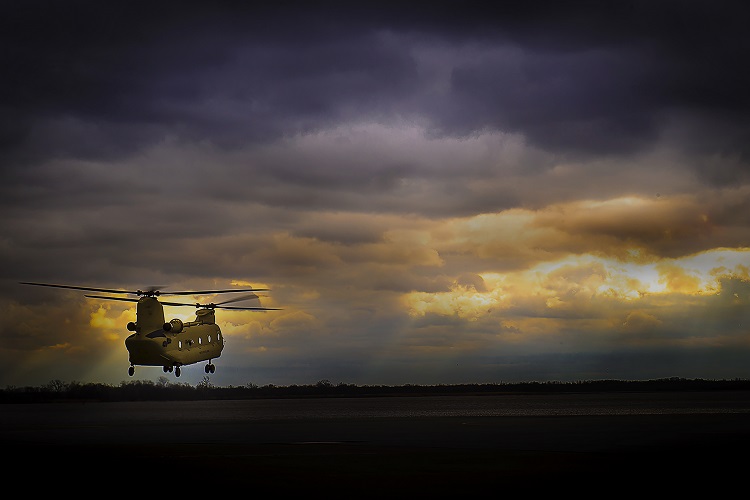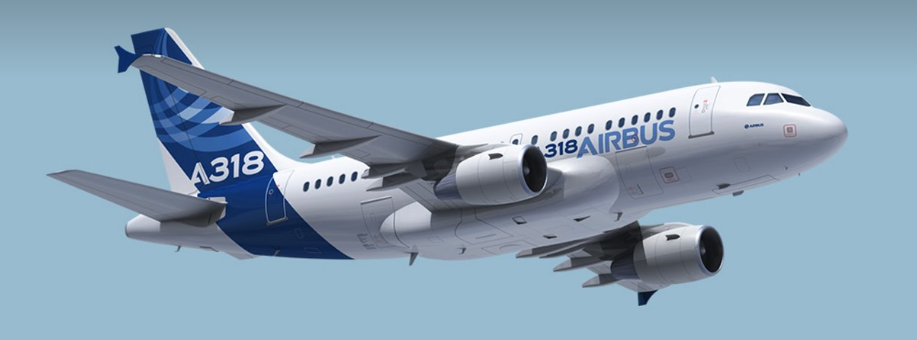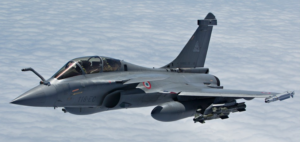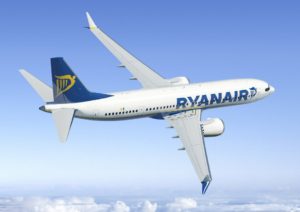MADRID (Reuters) – The Spanish government is confident national flag carrier Iberia will be able to fly across Europe in the event of a disorderly Brexit, even though the airline is majority-owned by Britain-based Anglo-Spanish group IAG (ICAG.L).
Britain is due to leave the European Union on March 29 but has yet to seal a withdrawal agreement, posing a potential risk to airlines that don’t meet EU rules requiring European carriers to be majority-owned and operated in the bloc.
“From the public works ministry’s point of view, we’re convinced that Iberia is a Spanish company,” a spokesman for the ministry told Reuters.
“We are also convinced that, if necessary, the company will make the necessary adjustments to make sure it complies with European regulations,” he said.
Iberia carries 19 million passengers a year and is a major employer in Spain with almost 17,000 workers.
IAG, which also owns British Airways, is registered in Spain but headquartered in Britain and has shareholders from around the world. Iberia has a Spanish shareholder with just over 50 percent of voting rights via a complex ownership scheme.
“We are confident that we will comply with the EU and the UK ownership and control rules post-Brexit,” IAG said, adding that IAG was a Spanish company.
The Financial Times reported on Tuesday that Brussels had doubts about IAG’s arguments that its individual airlines are domestically owned.
European Commission sources told Reuters that Brussels encouraged IAG and all airlines concerned to check with the national licensing authorities whether they would still meet the operating licence requirements in case of a “no deal” Brexit.
They said the Commission was in regular contact with the national authorities that review compliance.
While IAG wholly owns the economic rights of Iberia Holdings, it holds just 49.9 percent of voting rights. Garanair, wholly owned by Spain’s retail giant El Corte Ingles, has the remaining 50.1 percent voting stake.
(By Belén Carreño. Additional reporting by Jan Strupczewski; Writing by Andrei Khalip; Editing by Mark Potter)
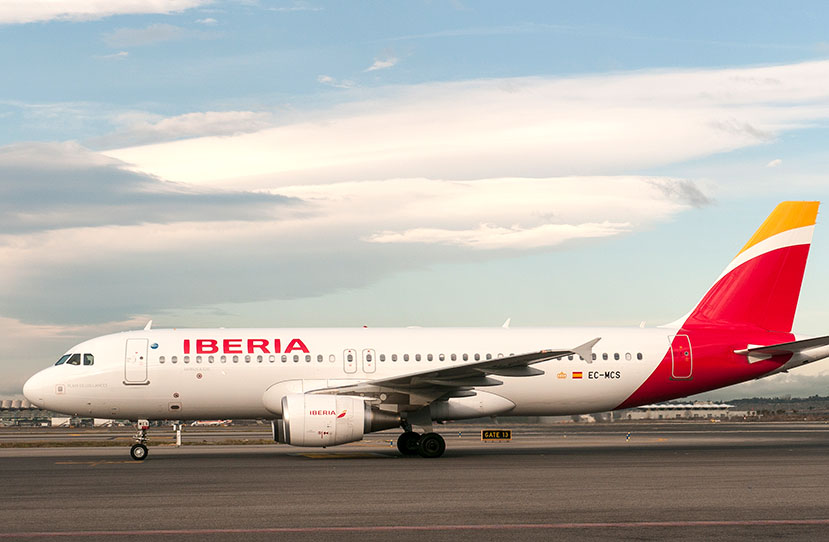
Image from http://Iberia.com

